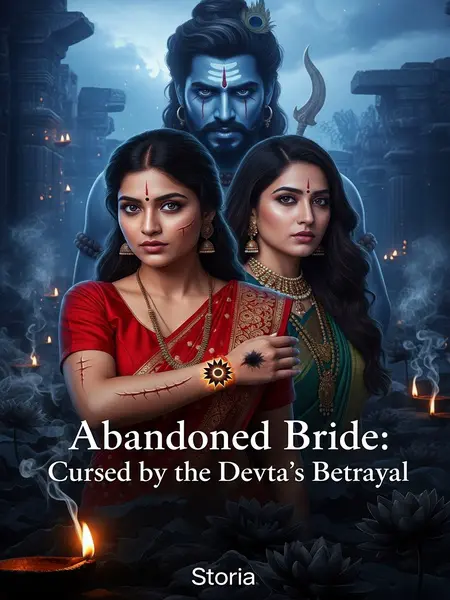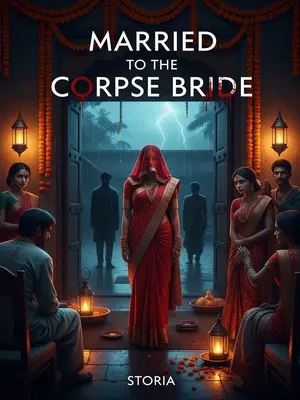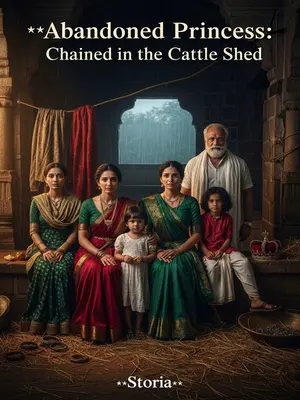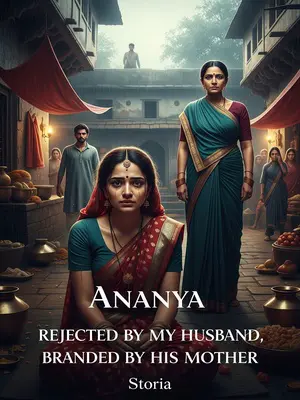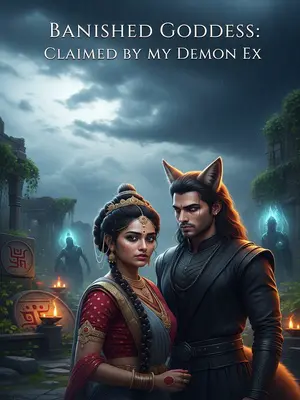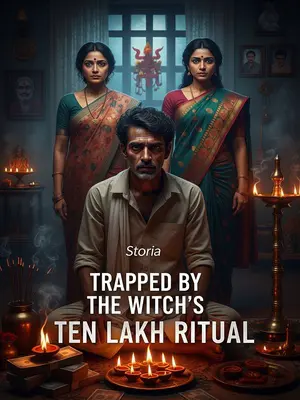Chapter 1: Shadows on the Riverbank
Eldest Didi went to the mortal world to undergo a love trial. When she returned, she was driven mad.
They say, when she came back, she sat by the river, plucking out her own hair and muttering the name of some lost lover—her eyes empty like those of someone who’s seen too much. The elders shook their heads and whispered, 'Ishq ka bhoot, haaye, kya se kya kar deta hai.' The younger souls watched her in awe and fear, thinking, 'Didi toh bilkul pagal ho gayi.' The River of Forgetfulness carried her tears away, but her madness lingered like smoke after a fire.
Second Didi didn’t believe in such things, so she went as well. In less than a month, she came back even more deranged.
Second Didi used to laugh at love—always saying, 'Arey, dil dimaag ka khel hai, yaar.' But she returned wild-eyed, clutching an old scarf as if it could anchor her to sanity. She’d rock herself on the riverbank, singing a tune only she understood, refusing to eat, refusing to sleep, haunted by phantoms from the mortal world. Even the birds grew silent around her, unsettled by the grief that hung heavy in the air.
Aunty Kamala found my hiding place and asked why I hadn’t gone.
She caught me crouched behind the storeroom, wedged between a stack of brass utensils and the damp, mossy wall. Her sari’s border brushed my foot as she peered down, hands planted on her hips, her face lined with both wisdom and irritation. 'Arrey, Priya beta, tu abhi tak idhar kya kar rahi hai? Sab apne-apne trials ke liye chale gaye. Bas tu hi bachi hai.' Her bangles jingled sharply—a sound that always meant: no nonsense, time’s up.
Of course I wouldn’t go.
My fingers absently fidgeted with the frayed end of my dupatta, twisting it round and round as my eyes flicked to the slow river, heart pounding. In my mind, a faint, old melody surfaced—a snatch of my mother’s lullaby, the one she used to hum when I was small and scared of the dark. The memory tugged at my resolve, but I pressed my palms together and mumbled, 'Nahi, Aunty, mujhe wahan bilkul nahi jana.' Even as the words left my lips, a part of me strained towards that half-remembered comfort, but I forced myself to look away from the water.
Because I know the mortal world is filled with greed and suffering. I would spend half my life toiling for a man, only to have my very bones ground to dust in the end.
All those tales my aunties told as they made pickles under the neem tree, their voices dropping low: 'Aurat ki zindagi toh bas seva hai, beta.' I had seen enough—mothers giving up their dreams, wives bending like sugarcane under the weight of thankless love. To love in the mortal world is to lose a piece of yourself with every compromise. Why would I volunteer for that?
If I can endure a hundred years by the River of Forgetfulness, I can become the next Aunty Kamala and never have to relive the nightmare of my previous life.
Here, by the slow-moving river, time washed over me like cool water in May. Aunty Kamala was respected by everyone—her words law, her kindness steady as sunrise. To follow her path meant safety, power, and no more heartbreak. Just the clink of brass pots, the fragrance of tulsi and marigold, the gentle hum of routine. Let others chase dreams—I would rather have peace.
